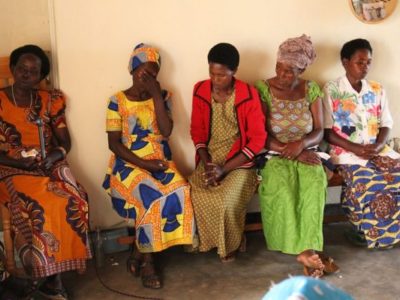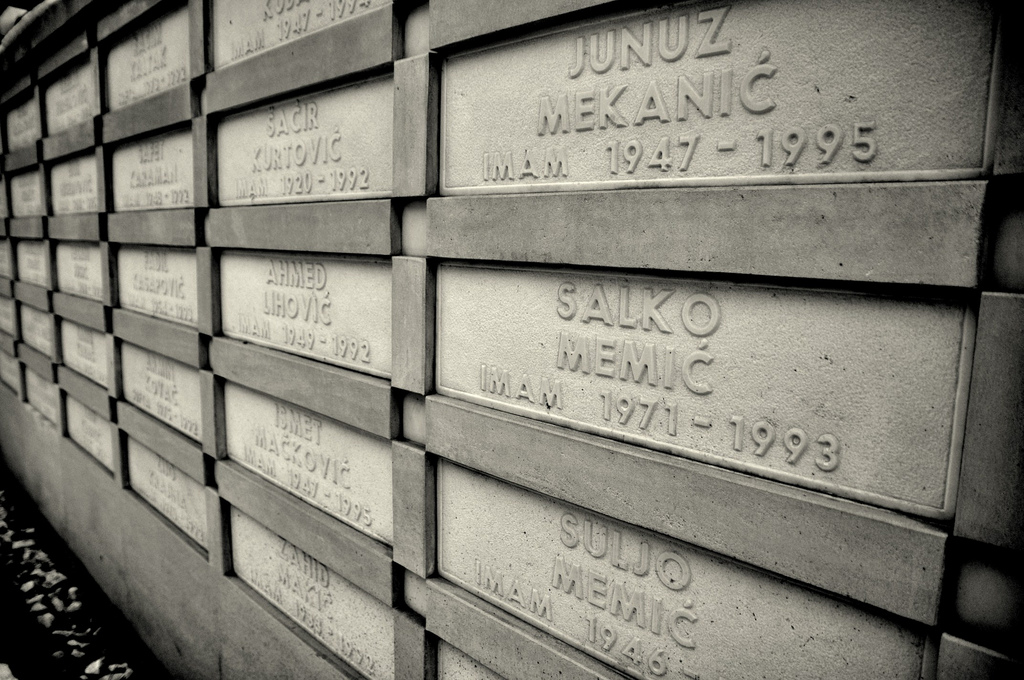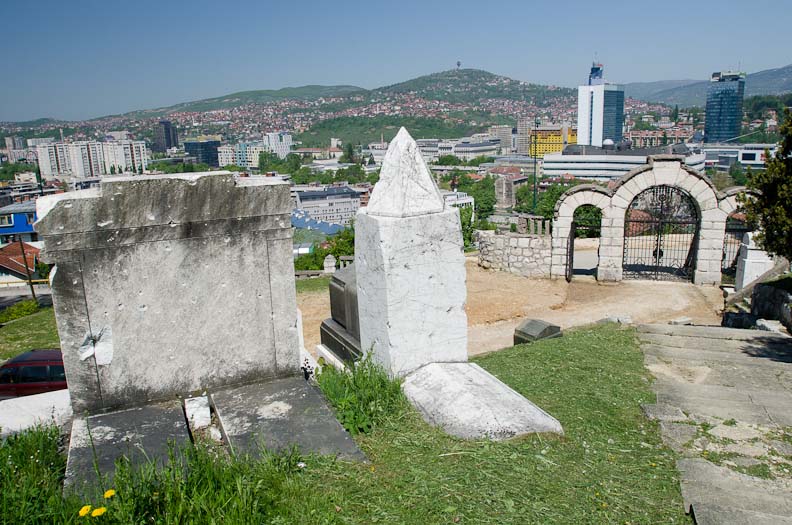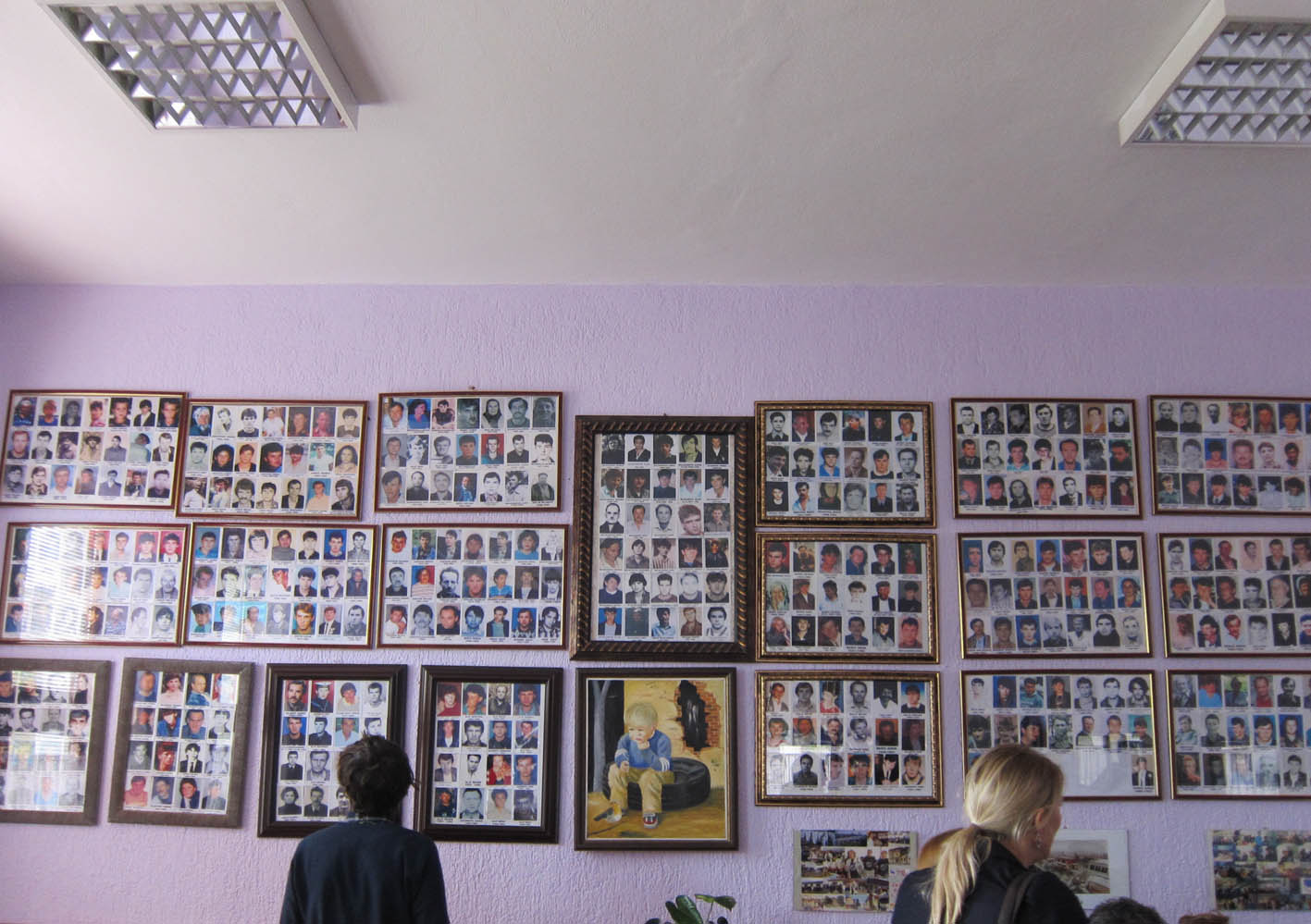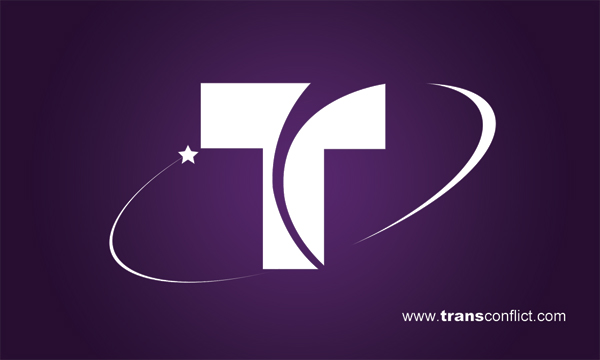25 years after the Genocide against the Tutsi, trauma healing needs to be at the centre of peace and development efforts
Rwanda is obviously not alone in its post-conflict trauma healing experience. Millions of people have more recently been affected by civil war in countries like... Read More
Transitional Justice Strategy for Bosnia and Herzegovina
The strategy is a comprehensive framework for dealing with the legacy of human rights violations and war crimes, to build the foundations of a peaceful... Read More
Serbia and Bosnia – uniting for justice?
Belgrade and Sarajevo are to sign an agreement to cooperate over war crimes cases, but some victims fear that it may not bring more convictions.
The culture of denial in Prijedor
According to the verdicts of the Hague Tribunal, this year marks the twenty-first anniversary of the ethnic cleansing of Prijedor’s non-Serb population. However, as the... Read More
A turbulent year for transitional justice in the Balkans
With four key verdicts delivered by the Hague Tribunal, 2012 proved to be turbulent year for transitional justice in the former Yugoslavia; one that threatens... Read More
The challenges of transitional justice in the former Yugoslavia
TransConflict organized a third working breakfast – on the challenges of transitional justice in the former Yugoslavia – as part of its recently-launched project, ‘Understanding... Read More
Rwanda and the DR Congo – ending the culture of impunity
Tackling the root causes of war between Rwanda and the Democratic Republic of Congo requires an end to the culture of impunity, particularly the prosecution of alleged war crimes and crimes against humanity committed by the Rwandan Patriotic Front (RPF).
Bosnia’s transitional justice strategy requires political support
Two years after it was commissioned, Bosnia and Herzegovina has a draft Transitional Justice Strategy; however doubts persist as to whether the document will be adopted, despite widespread acceptance of its importance.
Recognising every casualty of armed violence
TransConflict has become a signatory to the Charter for the Recognition of Every Casualty of Armed Violence, which has at its core a simple principle that ‘no person should die unrecorded’.
Ante Gotovina and the politics of international justice
In light of the ICTY’s verdict finding two Croatian military leaders, Ante Gotovina and Mladen Markac, guilty of war crimes, all the evidence points to Operation Storm being sanctioned in the fullest degree by the international community.
Croatia, Serbia and the crime of genocide
Serbia and Croatia should move to drop their respective claims for genocide and instead work together to solve their remaining problems, for the sake of both good neighbourly relations and the wider region.
Serbia’s ICTY Obstacle
In spite of largely positive assessments from the ICTY's chief prosecutor, the USA and Amnesty International concerning co-operation with The Hague Tribunal, The Netherlands remains unwilling to soften its stance towards unblocking Serbia's SAA and interim trade agreement with the EU.

